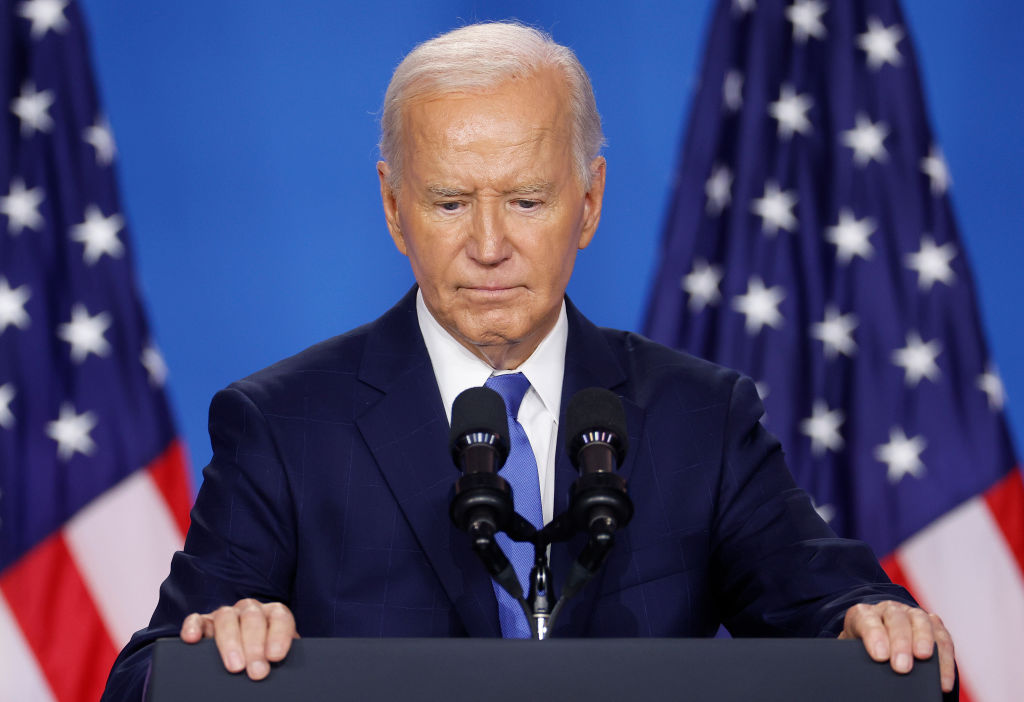In one of his last official acts US President Joe Biden has issued an order blocking the $14.9 billion acquisition of US Steel by the Japanese company Nippon Steel. It is the first time a US president has blocked the takeover of a US company by a Japanese corporation and it has caused considerable disquiet in Japanese business and political circles. The ramifications for the US-Japanese relationship, and thus the wider Asia Pacific region, as Donald Trump prepares to resume the White House, could be significant.
The Japanese have been watching the progress of this deal with intense interest (the Nikkei Business daily has published over 200 pieces on it since its announcement in December 2023) and the reaction here in Tokyo has been one of shock, incomprehension and anger. Economy, Trade and Industry Minister Muto Yoji called the final decision “unfortunate and incomprehensible. The minister said that he will demand the US explain the decision in more detail and warned that further investment by Japanese companies in the US is now under threat.
Nippon and US steel issued a joint statement condemning Biden’s decision as “unlawful”. Nippon Steel fired back at Biden’s claim that national security was threatened by the deal stating that no “credible evidence” to support such concerns has been presented. The company claimed that the block was a “political decision” and that government oversight had been “deeply corrupted by politics”.
Nippon Steel’s response is understandable given that it had gone to some lengths to reassure US authorities that it would honour existing contracts and labour agreements and not make any redundancies until at least 2026. In addition, the CFIUS (Committee on Foreign Investment in the US) panel which reviewed the deal, failed to reach a consensus, which some saw as a signal it would be green-lit. And though some of the steel workers’ unions had opposed the acquisition, others have been supportive and many neutral observers saw it as US Steel’s best hope of survival.
Where this leaves US Japanese relations on the cusp of the second Trump presidency remains to be seen, but it augurs poorly. Bruce Aronson of the US-Asia Law Institute expects a decline in Japanese investment into the US if the block is interpreted as a sign that such investment is unwelcome. That feeling he says could spread to other countries. It could also reinforce the global trend in protectionist trade polices justified by nebulous “national security” arguments.
A distinct froideur in US-Japanese political relations seems inevitable, which will be a challenge for Trump II. Thanks to a warm personal relationship between Trump and Shinzo Abe (they had an “odd couple” chemistry and a mutual fondness for golf and fast food) the first instalment was relatively benign and reasonably productive. Abe’s widow Akie was even granted an audience at Mar-a-Lago recently, something denied the current prime minister Shigeru Ishiba.
But that relationship will count for little now. The Abe faction is no more and the memories likely to be evoked by the Biden block are the days of regular trade tussles going back as far as the administration of Richard Nixon. There are clear echoes of the “textile wrangle” (1969 -1971) which saw the two nations grapple over a declining industry in a mutually disadvantageous way and set the tone for a series of trade confrontations over the next few decades.
Things were particularly testy in the 80s and 90s, when the success of Japanese imports and supposed link with the evaporation of American jobs saw the emergence of “Japan-bashing” as a popular political strategy. This coupled with the recurring theme of America prioritising the political relationship with China over trade policy with Japan soured relations.
The historical context matters but in reality, the Nippon Steel decision is unlikely to have been a case of Japan-bashing. For Biden, it may be a parting shot, stealing his successor’s America First thunder (Trump has not commented on the block) and claiming one final “achievement” — the “saving” of an iconic American company from foreign ownership, despite the consequences (which he will not have to deal with).
The damage between the two nations has now been done. The girders supporting the structure of friendship and trust between these two supposed allies have been corroded, and may need to be forged anew.











Join the discussion
Join like minded readers that support our journalism by becoming a paid subscriber
To join the discussion in the comments, become a paid subscriber.
Join like minded readers that support our journalism, read unlimited articles and enjoy other subscriber-only benefits.
Subscribe